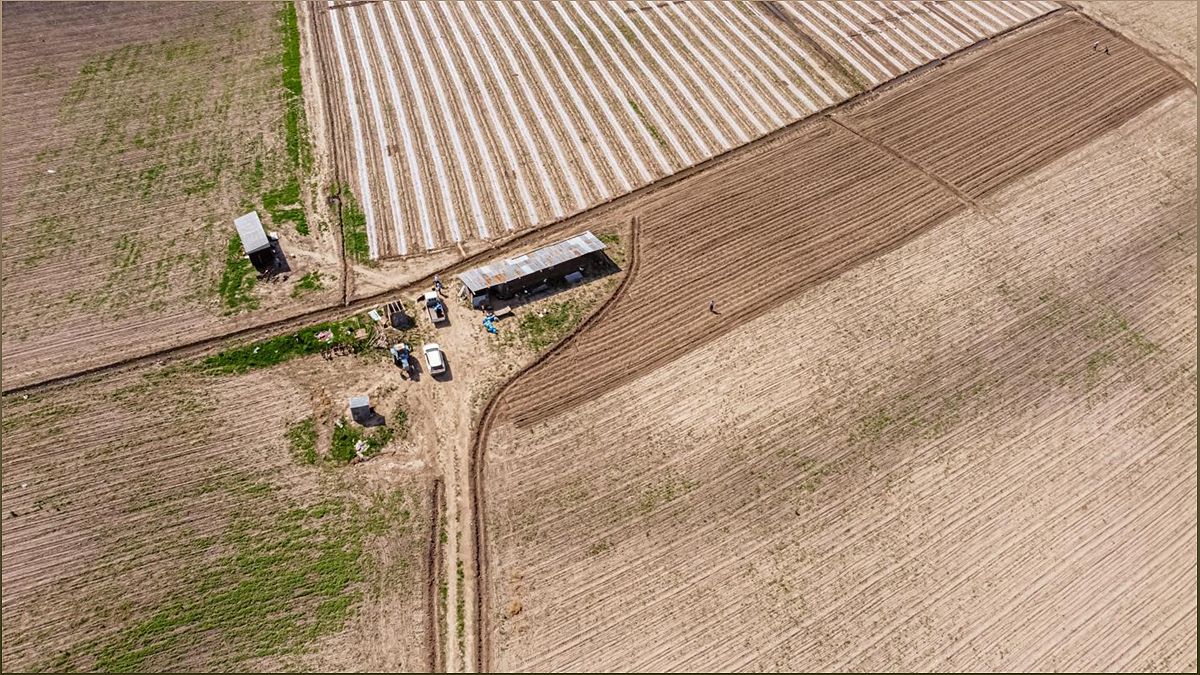Learn about the significance of organic farming in Kazakhstan, its potential for growth, and the efforts being made to develop and promote sustainable agriculture practices.
The Significance of Organic Farming in Kazakhstan
Organic farming is no longer just a passing trend; it is now the essential future of agriculture. It is a philosophy of sustainability that minimizes the use of synthetic fertilizers, pesticides, and growth regulators, relying instead on natural processes. In Kazakhstan, organic farming has tremendous untapped potential.

( Credit to: Undp )
Currently, there are over 200,000 hectares of fields cultivated using organic production technologies and certified by European certification organizations. By developing more efficient farming technologies, stimulating investments, and providing education for agricultural workers, we can further develop organic agriculture in Kazakhstan and increase its share in agricultural exports.
According to assessments by FiBL and IFOAM, Kazakhstan ranks 9th among 123 countries in organic product exports. The products are primarily exported to European Union countries, with wheat, linseed, and soybeans being the main export items.
Efforts to Develop Organic Farming in Kazakhstan
The United Nations Development Programme (UNDP), in partnership with the Government of Kazakhstan, is actively working on the development of organic agriculture in the country. With UNDP support and collaboration with the Ministry of Agriculture, legal and regulatory frameworks have been established, and financial mechanisms have been adopted to stimulate the growth of organic agriculture.
Certification plays a crucial role in the development of organic agriculture as it strengthens trust between producers and consumers. Currently, there are 38 farms certified for organic farming in Kazakhstan. The introduction of new regulations, standards, and financial support accelerates the transition to more sustainable farming practices.
The Government of Kazakhstan continues to progress in the development of new laws and innovations to ensure that organic farming becomes an integral part of the national agricultural system. The Organic Farming Development Roadmap for 2024-2026 is being prepared, and work is underway to update national standards.
The Benefits of Organic Farming
While conventional agriculture may appear economically attractive, organic farming offers numerous benefits for both the environment and public health. By minimizing the use of synthetic chemicals, organic farming helps protect biodiversity and promotes environmental sustainability.
Furthermore, organic farming produces food that is free from harmful residues, ensuring healthier nutrition for consumers. The certification label guarantees that the product truly meets the high standards of organic farming, providing consumers with confidence in their food choices.
The Future of Organic Farming in Kazakhstan
The future of organic farming in Kazakhstan looks promising. With ongoing efforts to develop and promote organic agriculture, the country has the potential to expand its organic farming sector and increase its share in agricultural exports.
By continuing to update regulations, provide financial support, and educate farmers, Kazakhstan can create a sustainable agricultural system that benefits both the environment and its people. The journey towards organic farming may be long, but the rewards are worth the effort.
